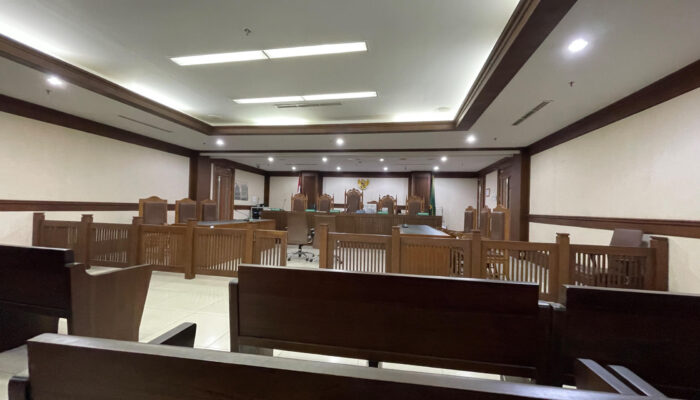In Indonesia, drug trafficking has always been a significant category of criminal cases and often involves a high proportion of foreign nationals. The harm caused by drug traffickers to society is undeniable, and therefore, drug trafficking is considered a serious crime in many countries, including Indonesia, where it can carry the death penalty.
So, why do lawyers defend drug traffickers? This question has sparked numerous discussions regarding legal ethics and professional responsibility. Representing drug sellers in court may raise moral controversies in society, but as part of the legal profession, lawyers have a responsibility to ensure that everyone receives fair legal representation.
Firstly, it’s worth noting that lawyers have ethical and legal obligations to respect and protect the rights of their clients. This includes providing legal representation to those accused of criminal activities. Various countries’ laws explicitly provide for this. According to Article 54 of Indonesia’s Criminal Procedure Code, “For the interests of defense, a suspect or defendant has the right to obtain legal assistance from one or more legal advisors during each stage of examination, according to the procedures specified in this law.” Similarly, the Sixth Amendment of the U.S. Constitution states, “in all criminal prosecutions, the accused shall enjoy the right . . . to have the Assistance of Counsel for his defense.” Article 35 of the Criminal Procedure Law of China stipulates: “If a criminal suspect or defendant, due to economic difficulties or other reasons, does not appoint a defense counsel, the person themselves or their close relatives may apply to the legal aid agency. For those who meet the criteria for legal aid, the legal aid agency shall appoint a lawyer to provide defense. If the criminal suspect or defendant is blind, deaf, mute, or has not completely lost the ability to recognize or control their behavior, and has not appointed a defense counsel, the people’s court, procuratorate, and public security organs shall notify the legal aid agency to appoint a lawyer to provide defense. If the criminal suspect or defendant may be sentenced to life imprisonment or death penalty, and has not appointed a defense counsel, the people’s court, procuratorate, and public security organs shall notify the legal aid agency to appoint a lawyer to provide defense.” This means that even for behaviors generally considered immoral or harmful by society, lawyers must respect their clients’ rights and make every effort to defend them.
Secondly, the role of lawyers is to ensure the fairness and impartiality of the judicial system. Even if the accused may be seen as criminals, they must undergo a fair trial through due process. Lawyers’ duty is to ensure the legality of evidence and guarantee a fair trial for the accused. If lawyers were to refuse to defend certain clients based on personal moral beliefs, it could threaten the fairness of the judicial system.
Furthermore, lawyers’ work is not just about defending the accused but also ensuring the proper functioning of the judicial process. By representing the accused, lawyers have the opportunity to raise objections, defend, and challenge, which contributes to the transparency and effectiveness of the judicial system.
Lastly, lawyers serve not only as advocates but also as legal advisors. When representing drug traffickers and other defendants, lawyers may provide legal advice to help them understand their rights and responsibilities. This legal guidance ensures that defendants are treated fairly throughout the judicial process and can make informed decisions.
In conclusion, the reasons why lawyers defend drug traffickers stem from their obligation to fulfill their legal duties and responsibilities and ensure the fairness of the judicial process. Although this may provoke moral controversies, lawyers’ mission is to ensure that everyone receives fair legal representation and a fair trial through due process.

